

Finding the right screws and wall anchors for your project can be tricky. This guide covers everything you need to know to choose the best fasteners for your specific needs, from understanding different screw types and anchor materials to determining appropriate weight capacities and installation techniques. We'll explore various applications and help you avoid common mistakes. Learn how to select the right screws and wall anchors for a successful DIY project.
Screws come in a wide variety of types, each designed for specific applications. Common types include wood screws, machine screws, self-tapping screws, and drywall screws. The material being fastened, the weight being supported, and the aesthetic requirements will all influence your choice. For example, a wood screw is ideal for fastening wood to wood, while a drywall screw is designed for hanging lightweight items on drywall. Selecting the appropriate screw is crucial for ensuring a strong and secure hold. You need to consider factors such as the screw's material (steel, brass, stainless steel), its length, and its diameter. Choosing the wrong screw can lead to stripped threads or insufficient holding power. Check out Hebei Muyi Import&Export Trading Co.,Ltd (https://www.muyi-trading.com/) for a wide selection of high-quality screws.
Wall anchors are equally important. The type of wall material dictates the appropriate anchor to use. Drywall, concrete, brick, and hollow walls all require different anchor types. Using the wrong anchor can result in the screw pulling out of the wall, potentially causing damage or injury. Consider the weight you need to support when selecting an anchor. Lightweight picture frames require smaller anchors, while heavier items such as shelves or cabinets need more robust solutions. Common anchor types include plastic anchors, toggle bolts, and expansion anchors. Plastic anchors are suitable for lightweight items in drywall, whereas expansion anchors are better suited for heavier loads in concrete or brick walls. Toggle bolts are great for hollow walls.
Each screw and wall anchor combination has a specific weight capacity. Always check the manufacturer's specifications to ensure the selected fastener can adequately support the weight of the item you are installing. Overloading a fastener will compromise its integrity, leading to failure. It's better to overestimate than underestimate the weight. Consult product packaging for weight ratings; if it is unclear, consult a professional for advice. We recommend checking out Hebei Muyi Import&Export Trading Co.,Ltd (https://www.muyi-trading.com/) for a wide range of screws and wall anchors.
Ensure that the screws and wall anchors are compatible with the materials you are working with. For instance, using galvanized screws in exterior applications will provide better resistance to corrosion. Using stainless steel screws will offer greater corrosion resistance compared to standard steel screws, particularly in damp environments.
Incorrect installation can render even the strongest screws and wall anchors ineffective. Always pre-drill pilot holes, especially when working with hardwood or brittle materials. This prevents the material from splitting or cracking. Using a level to ensure accurate placement is crucial for aesthetics and stability. A stud finder helps you avoid problems in the long run.
If a screw is stripping or an anchor is pulling out, you'll need to use a more appropriate solution. In the case of a stripped screw, using a screw extractor can sometimes salvage the situation. If an anchor pulls out, this usually means it was either improperly installed or was not suited to the task. This is a clear indication to use a stronger and more appropriate anchor for the weight and wall material.
| Anchor Type | Suitable for | Weight Capacity (Approximate) |
|---|---|---|
| Plastic Anchor | Drywall, plasterboard | Light to medium |
| Expansion Anchor | Concrete, brick | Medium to heavy |
| Toggle Bolt | Hollow walls | Medium to heavy |
Remember, choosing the right screws and wall anchors is essential for a successful project. Always consult manufacturer specifications and select appropriate fasteners for the weight and type of material you are working with.


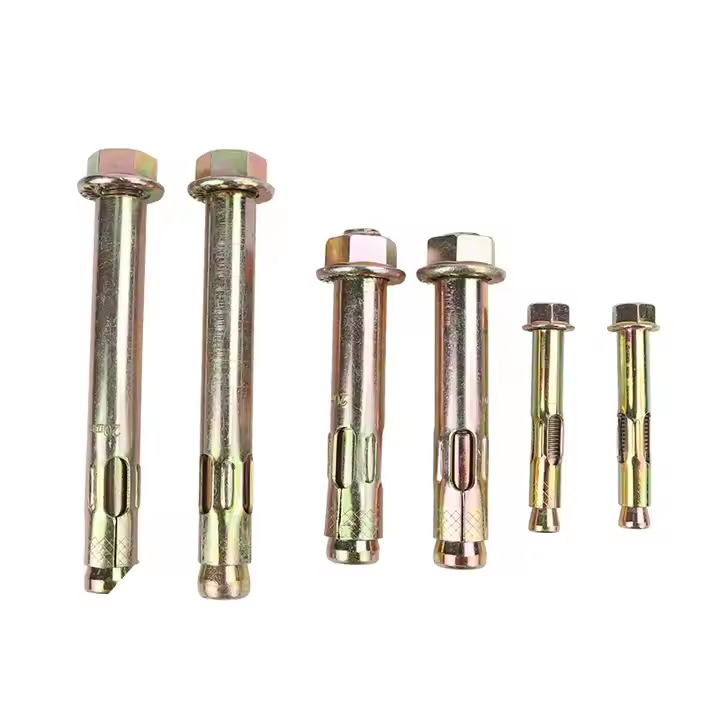



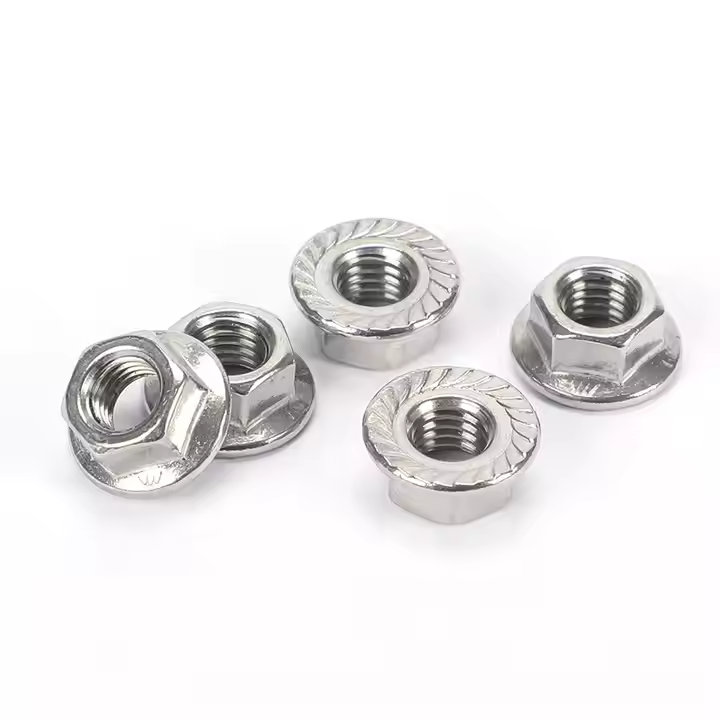

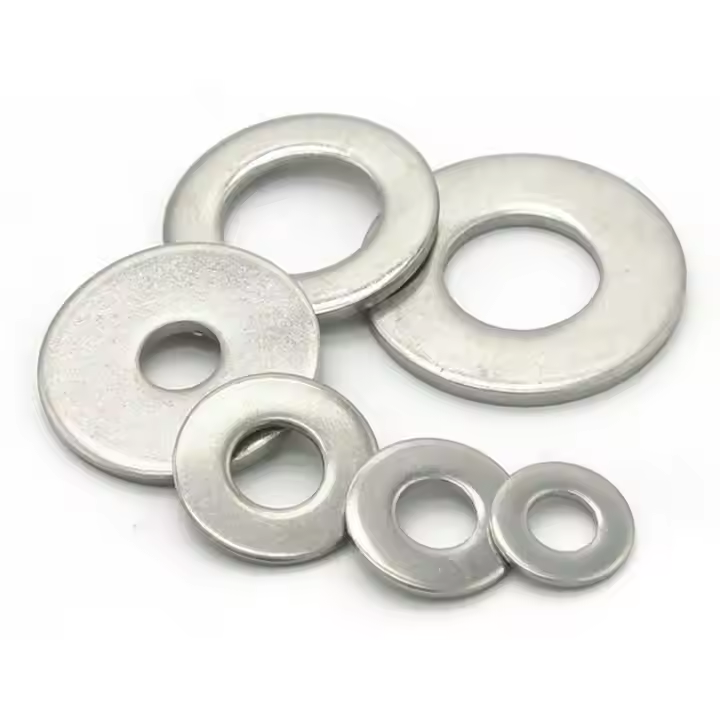
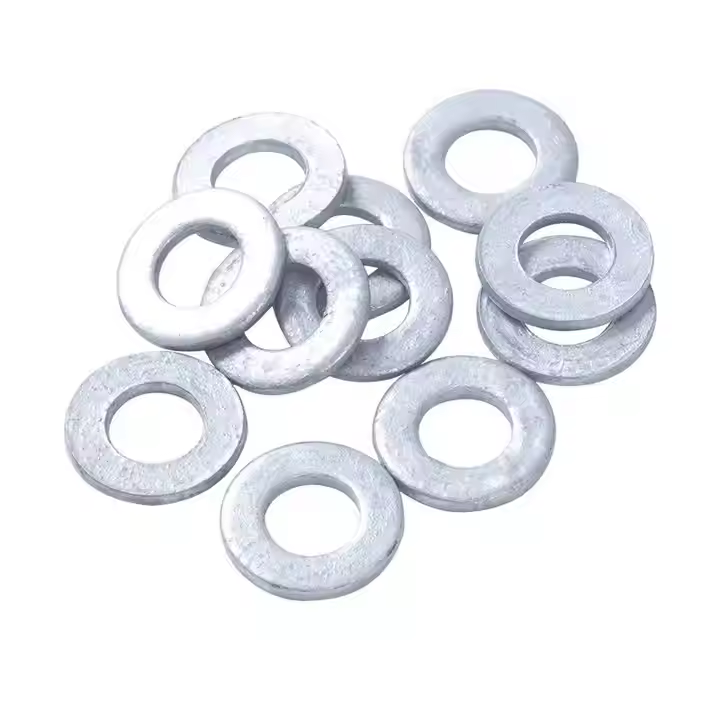

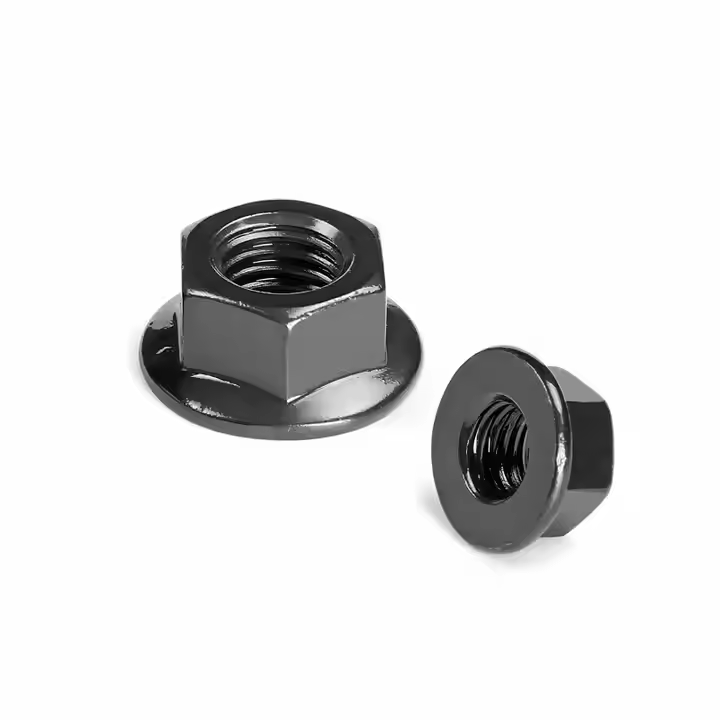
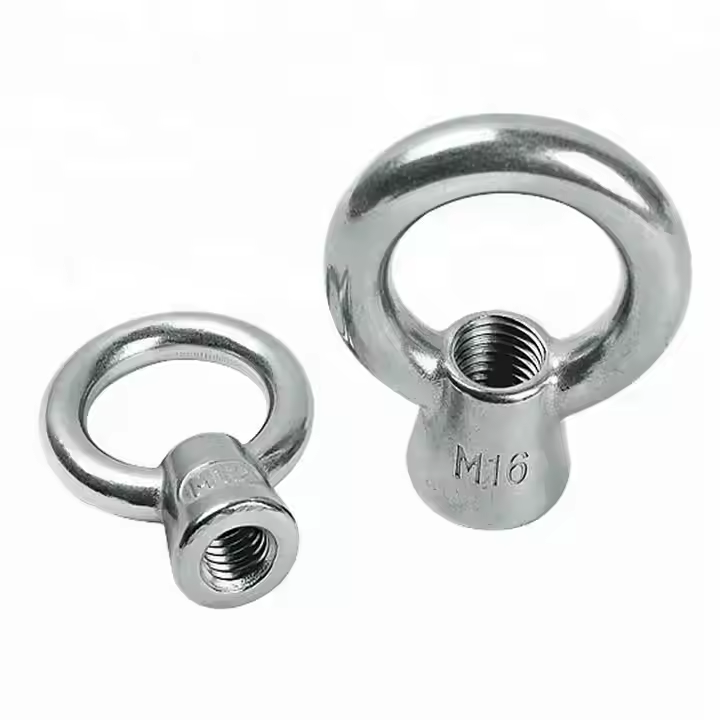
Please enter your email address and we will reply to your email.